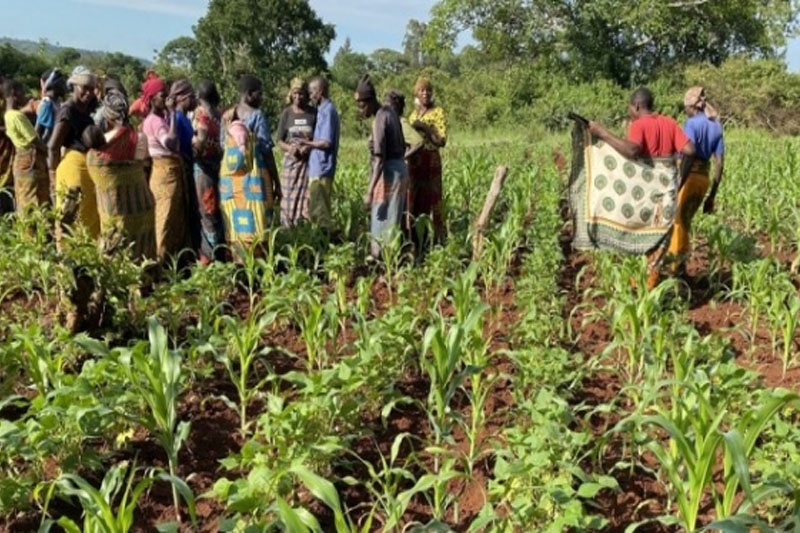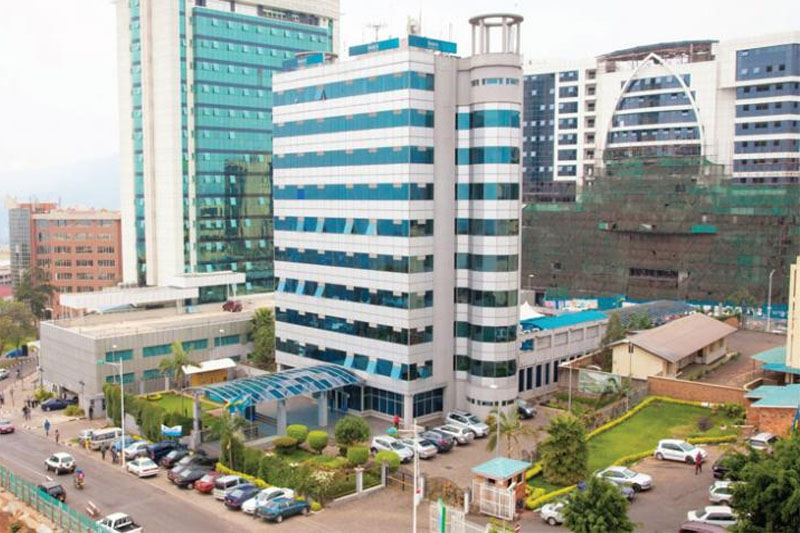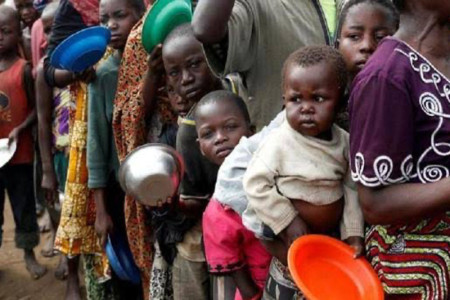And even more so, Internal conflicts between government forces and rebel groups, the refugee crisis, and the climate emergency also led to flooding, disease and food shortages on the continent. The road to economic recovery is expected to be long, and the situation will likely worsen before any light is seen at the end of this tunnel.
"The three overlapping crises have pushed more Africans into extreme poverty and resulted in increased inequalities and vulnerabilities on the continent. There were significant levels of poverty and inequality in Africa even before recent global crises but now poverty has worsened, and inequality has widened," said Deputy Executive Secretary and Chief Economist Hanan Morsi for the UN Economic Commission for Africa (ECA).
In South Africa, consumers are in for another shock as interests rates are expected to be hiked by the South African Reserve Bank by 25 basis points this month. The hike will once again impact heavily on food and fuel prices, and many will be struggling to pay their home loans. South Africa also saw the calls for a national shutdown on March 20, 2023 by opposition party Economic Freedom Fighters (EFF). The party called for citizens to protest electricity blackouts (load shedding), the lack of jobs (particularly for the youth), the lack of funding for education and corruption on the part of government. South Africa and Nigeria have both been grey listed for not implementing adequate standards to prevent money laundering and terrorist financing. South Africa's unemployment rate is also extremely high - approximately 35%.

In Kenya protests against power blackouts, escalating food prices and corruption in government are some of the reasons that opposition leader Raila Odinga has rallied his supporters to protest in the country every Monday and Thursday.
Meanwhile in Tanzania, the government is putting every effort into revolutionising agriculture and raising the livelihoods of Tanzanians and the economy. Prime Minister Kassim Majaliwa is optimistic that financial institutions in the country will lower interest rates and other charges on loans in order to boost growth. growth.

In Nigeria, unemployment and underemployment rates increased to an all-time high of 56.1% in 2020, pushing 133 million citizens into poverty. Nigeria like South Africa has also been grey listed by the Financial Action Task Force for not putting in place measures to prevent money laundering and terrorist financing. This could impact future investment. The rest of the world is staggering under the weight of growing corruption too. Rich and poor in Nigeria are also - according to reports- buying cheaper brands to cut costs.

While in Zimbabwe, the country's economy is buckling at the impact of international sanctions. The flow of weapons into the country has recently seen a spike in armed robberies. According to the Zimbabwe National Statistics Agency, robberies increased from 2017 to 2019, with the number of armed robberies almost doubling from 2018 to 2019.
Zambia received a bailout from the International Monetary Fund (IMF) after becoming the first country in Africa to default on debt in November 2020. IMF chief Kristalina Georgieva applauded Zambia's efforts to reform its economy. At the time of her visit to Zambia in January 2023, she said the IMF had reached an understanding in principle with China to restructure almost U.S.$6 billion Zambia owes Beijing, one of its main creditors.

President of Ghana Nana Akufo-Addo told the nation on October 30, 2022: "We are in a crisis, I do not exaggerate when I say so. I cannot find an example in history when so many malevolent forces have come together at the same time. But, as we have shown in other circumstances, we shall turn this crisis into an opportunity to resolve not just the short-term urgent problems, but the long-term structural problems that have bedeviled our economy."
Ghana applied for a bailout from the International Monetary Fund but the loan was conditional to the country bringing its public debt down to more manageable levels from the currently estimated 105% of GDP to 55% in present value terms by 2028. The government also needs the buy-in of bond-holders. With the visit by U.S. Vice President Kamila Harris this week, Ghana has been promised a U.S. bailout of U.S.$ 139 million in assistance - most of which will support conflict prevention in the Sahel region, where extremists have expanded their footprint, allAfrica reports.
While many countries on the continent face economic pressure, it is projected by the International Monetary Fund (IMF) that Rwanda's economy will grow by 6.2% in 2023 and by 7.5% in 2024, Reuters reports. The IMF Managing Director Kristalina Georgeiva visited the country in January 2023 and held discussions with President Paul Kagame on the country's economic outlook. Rwanda has since the genocide in 1994, undergone rapid industrialisation due to successful government policies. The Tutsi-led government began a major programme to rebuild the economy and reduce its dependence on subsistence farming. The country adopted a mixed economy in 2006 and the resulting economic boom has improved the living standards of many Rwandans.



